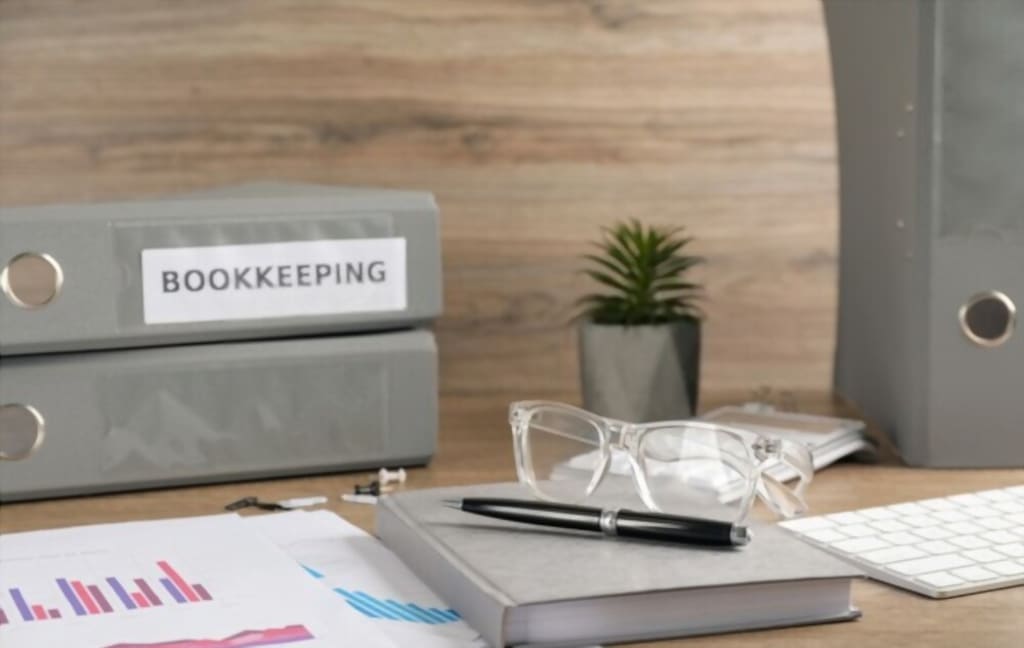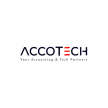
A limited company is a type of business structure in which the company has its own legal identity apart from its owners (shareholders) and managers (directors). There are three types of limited companies: private companies limited by shares, public limited companies, and private companies limited by guarantee.
AccoTech is of the opinion that best tax planning should not be confined to the closing of the books; rather, it should be utilised throughout the long period in order to achieve the overall objectives of tax planning. Our tax experts are here to assist you in formulating strategies for a brighter future and carrying those strategies out in an efficient manner so that they can become a reality.

That means the assets and profits of the company, not the business owner, are owned by the company, and you cannot simply withdraw funds as a sole trader can. So, who and how can take money out of a limited company? If you want to learn more, check out our handy guide below.
Who has the authority to withdraw funds from a limited company?
When you register a limited company, you must appoint a director to run the business on behalf of the shareholders. If the company is small, the director is usually also a shareholder, but this is not always the case.
Technically, the director of a limited company can withdraw money whenever they want, but this is not considered best practise. A limited company must file its own tax return and pay corporation tax, so the money does not belong to the director to spend as they see fit.
How to Get Money From a Limited Company
A limited company's funds can be withdrawn in one of three ways: director's salary, expenses and benefits, dividends, or a director's loan. Below, we'll go over each option in greater depth.
Salary, expenses, and benefits for the director
The most common way for money to leave a limited company is for the directors to pay themselves a salary. Company directors are still employees of the company, and they must register for PAYE and pay National Insurance Contributions on their earnings.
The majority of company directors opt for a very low salary, up to the National Insurance Contributions threshold of £8,840. This means they will continue to be eligible for the state pension and other benefits without incurring a personal tax liability.
Dividends
If the director is paid a small salary, the majority of their income is usually received in the form of dividends. You can receive dividends from your company as long as it has sufficient reserves (but be aware that reserves are different to profits).
Dividends are paid from the company's profits after deducting corporate taxes.
Because dividends in the basic rate band are taxed at 7.5 percent, this method of payment is extremely tax efficient. This is after the dividend allowance of £2,000 is deducted. Dividends in the higher rate are taxed at 32.5 percent, while dividends in the additional rate are taxed at 38.1 percent.
Loan from the director
A director's loan is money borrowed from a limited company that is not paid out as a salary or dividend. All such transactions must be recorded in a directors' loan account, which keeps a running balance of all transactions involving the director and the company.
The company account balance is 'in credit' if the director has paid in more money than they have taken out. The balance is 'overdrawn' if the director has withdrawn more money than they have paid in. All transactions must be recorded on the balance sheet of the company, as well as the company tax return and the director's self-assessment return (in some cases).
The director's loan account is permitted to be overdrawn by up to £10,000. If the account is overdrawn by more than £10,000 at any point during the tax year, the benefit must be declared on a P11D and tax paid. Overdrawn directors loan accounts also incur an additional tax of 32.5 percent, which is payable by the company.
In addition, we have an Accounting website with the domain name Accotech, which provides accounting services in the country of Pakistan. Taxation, bookkeeping, payroll, VAT, and other accounting services are available in the Website.






Comments
There are no comments for this story
Be the first to respond and start the conversation.